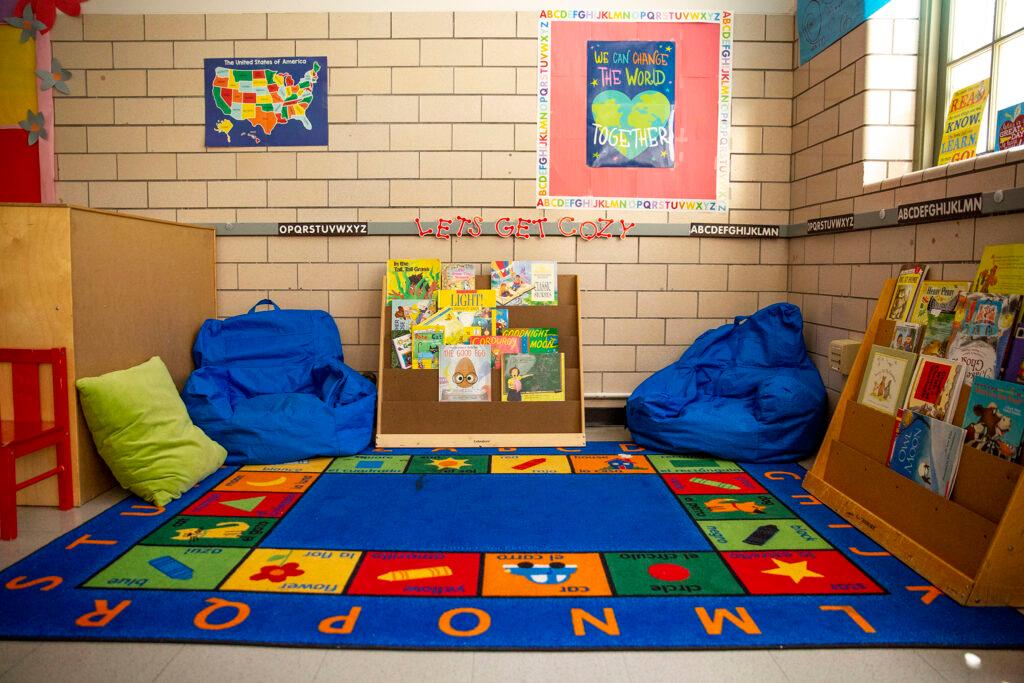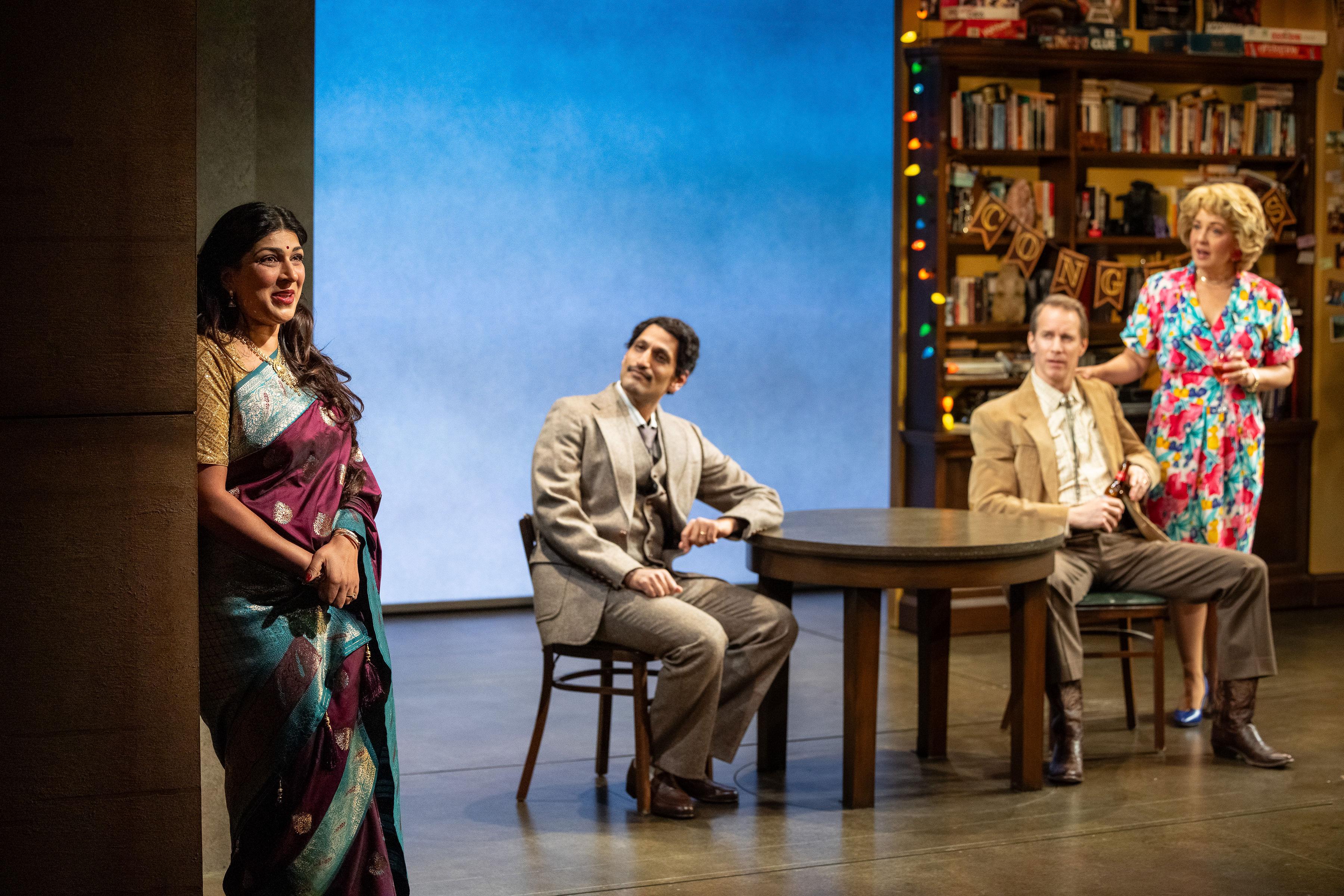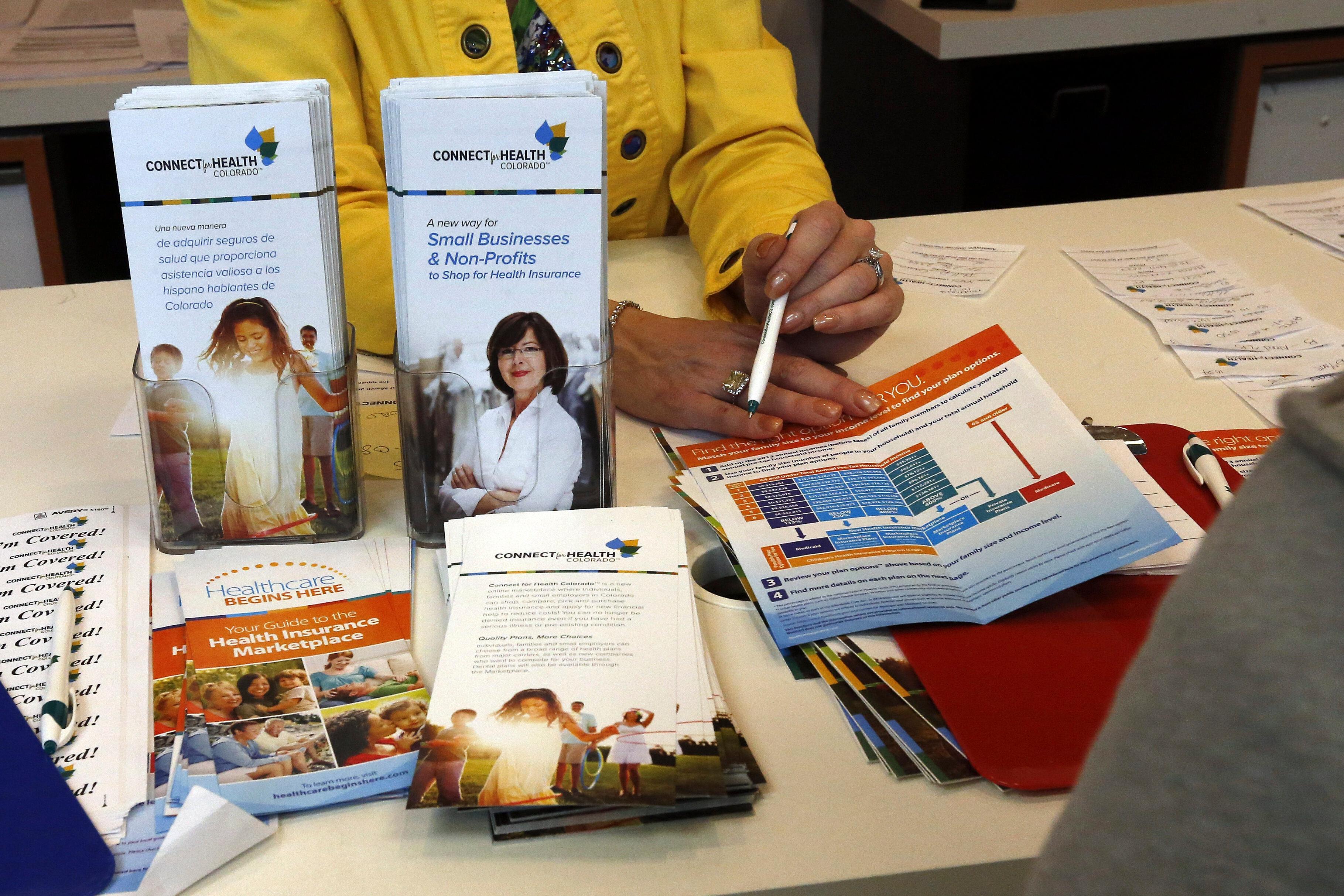For our fourth episode of the Converge Lecture Series Podcast, we're joined by writer Karen Russell.
A novelist and short story writer, Russell is perhaps best known for her novel, "Swamplandia!"
Set in the waterlogged wilderness of south Florida, it tells the story of a family of alligator wrestlers struggling to cope with tragedy and dealing with a string of bad luck that threatens their roadside theme park. It’s a book about grief and survival, and a haunting, deeply affecting coming-of-age tale.
Released in 2011, "Swamplandia!" was a New York Times Bestseller and a finalist for the Pulitzer Prize.
Russell’s work is often surreal: filled with ghosts and ghouls, sympathetic monsters, and ordinary people whose fantasies and nightmares have become a little too real. Since her first story was published in the New Yorker in 2005 -- when she was just 23 years-old -- Russell has been garnering accolades for her vivid style and powerful stories. She’s been named a MacArthur Fellow, a Guggenheim Fellow, a National Magazine Award winner, and received numerous other distinctions.
In addition to "Swamplandia!," Russell has also published two collections of short stories, "St. Lucy's Home for Girls Raised by Wolves" and "Vampires in the Lemon Grove," and a novella, "Sleep Donation." Her next book of short stories, "Orange World," is set to be released in May.
Russell was invited to speak in Colorado Springs as part of Converge Lecture Series, which brings writers and poets to the city to share their reflections on art, life, and the topic of Moral Beauty.
In advance of the talk, 91.5 KRCC spoke with Russell about her life and work.
Listen to the full interview in the player above, or listen and subscribe on iTunes and Google Play.
Interview Highlights:
On blending realism and fantasy in her work
I've never succeeded at writing a straightforward, realist tale. Part of that is that my own reading taste has directed me toward people like Calvino, Márquez, Angela Carter, Kelly Link, George Saunders, and I'm on a big Carmen Maria Macahado kick now -- there are so many people who are sort of telling the oldest stories we have in these fabulous new ways. I think, what the fantastical elements let you do is illuminate the extremely strange dimensions of this life on the planet... Trying to be honest about all of it, you give yourself access to this other register if you can draw on fable and fairytale and fantasy.
On what animates a good story
I'm still always looking for a quicker way to discover if [a story] is going to live or not. I fall in love sometimes with conceits, and it can be like sitting in a plane on the tarmac that doesn't have an engine, and you're not aware of that for a while -- you're all packed and ready to go. The times that something doesn't work out, it's usually because I've decided too early what it is that I'm doing... and if I'm not surprised, I think it's unfair to expect a reader to be surprised. The stories where I feel like, "oh, there's real momentum here," it's usually because I'm not entirely certain what's going to happen next, and because there's a question for me, there's a real open question there. I'm not just spinning the ball... I often feel like the stories that work are smarter than I am.
On how she hopes her work is received by readers
It's not hyperbole to say books change people's lives, save people's live -- but I would not say anything so grandiose [about my work]. But I think, just to be honest, you hope that in some small way, maybe something you wrote will change somebody or open something up for them... I guess, I mean obviously I just want people to enjoy these stories, but you hope that something you write resonates with them the way that articulated truth in a fiction has definitely changed me. I'm always looking to be transformed by things that I read... you're looking for other kinds of wisdom.
91.5 KRCC is a media partner with Converge Lecture Series.








